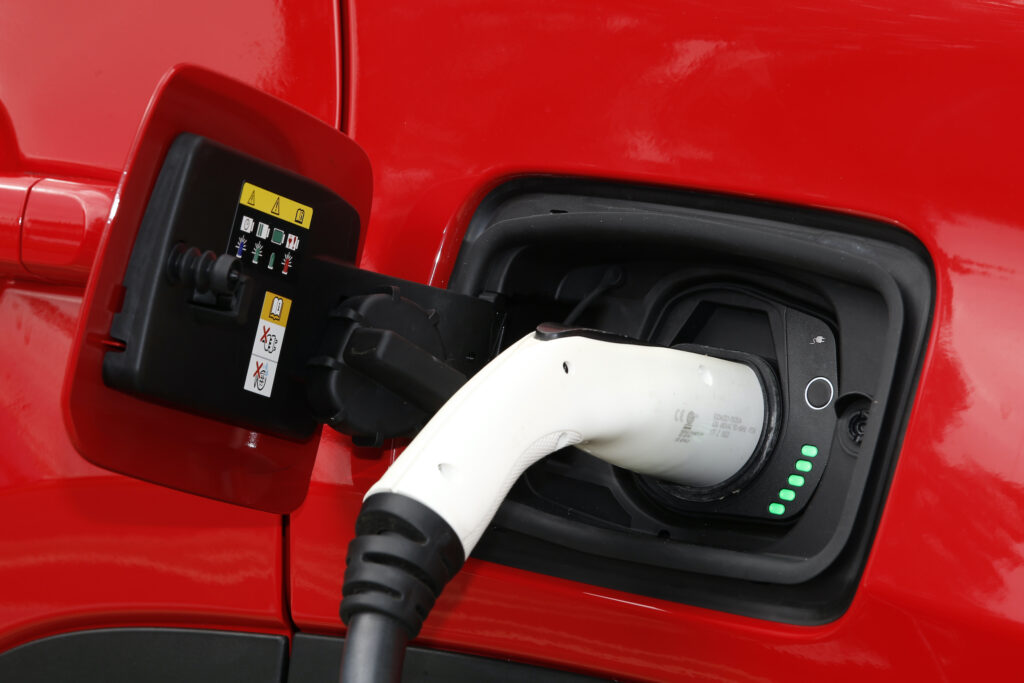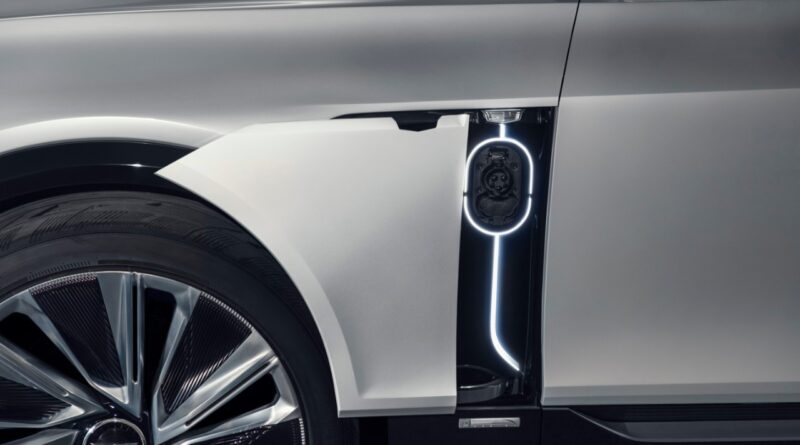Smart charging trial connects EVs to energy supplier
EV charging is about to get smarter in a move that could make electricity cheaper and help lower demand during peak times.
An $838,000 grant to Origin Energy from the government’s Australian Renewable Energy Agency (ARENA) will be used to supply 150 smart wallbox home chargers to residential and fleet EV drivers as part of a trial aimed at learning more about electric car usage and charging when electricity is cheaper.
The two-year trial is designed to explore the viability of reducing evening peak electricity loads by encouraging EVs to charge during off-peak times.
Participants from NSW, Victoria, Queensland and South Australia will be incentivised to stop or reduce charging between 5.00pm and 9.00pm, the time at which electricity is typically most in demand.
“We hope this trial will help us understand how we can maximise the benefits to customers by offering products that reduce their EV charging costs, as well as how we can manage EV charging in a way that helps with grid and network stability,” said Origin Energy executive general manager future energy and technology Tony Lucas.
While EVs account for a tiny fraction of kilometres driven each year – likely much less than 0.1 percent – the imminent growth in available electric vehicle options and EV use will naturally put more strain on electricity grids that occasionally already struggle to keep up with demand during heatwaves.
Check out our comprehensive calendar of all the new EVs coming soon.
Already energy providers and car makers – including Hyundai and Nissan, which are involved in this latest trial – are looking at ways to smooth electricity demand with the view to reducing overall energy costs and minimising overloading.

ARENA last month announced an Australian-first vehicle-to-grid (V2G) trial with Nissan. It involved using 51 Leaf electric cars feeding electricity back into the grid during peak times and charging during off-peak times.
This new trial with Origin Energy will provide a discount of up to $3000 for installation of a wallbox charger with internet connectivity.
That connected wallbox can then be remotely controlled by Origin Energy, which will be monitoring charging patterns and electricity loads using artificial intelligence. EV owners will be able to override it if they need a charge during those peak times.
Origin is also considering EVs as a home power storage device.
“We want to get people thinking about EVs as more than just a car and saving on petrol, they can provide additional value to their owners through battery storage for the home, connected to virtual power plants or used for grid stabilisation, all of which will significantly reduce payback periods and improve the economics of EV ownership for many Australians,” said Lucas.
The Minister for Energy and Emissions Reduction, Angus Taylor, said the trial was about learning more about electric cars and charging patterns and utilising the data gleaned to formulate future policies.
“As Australians choose future fuel technologies, it is important that energy market operators, energy companies and governments understand the impact EVs could have on our networks,” said Taylor.
“Through this project, we can begin to understand how to minimise impact and maximise the benefit of new technologies on the grid.
“This project is significant as it is the first large scale demonstration of smart EV charging in Australia and the outcomes will be important to inform future government decisions.”




